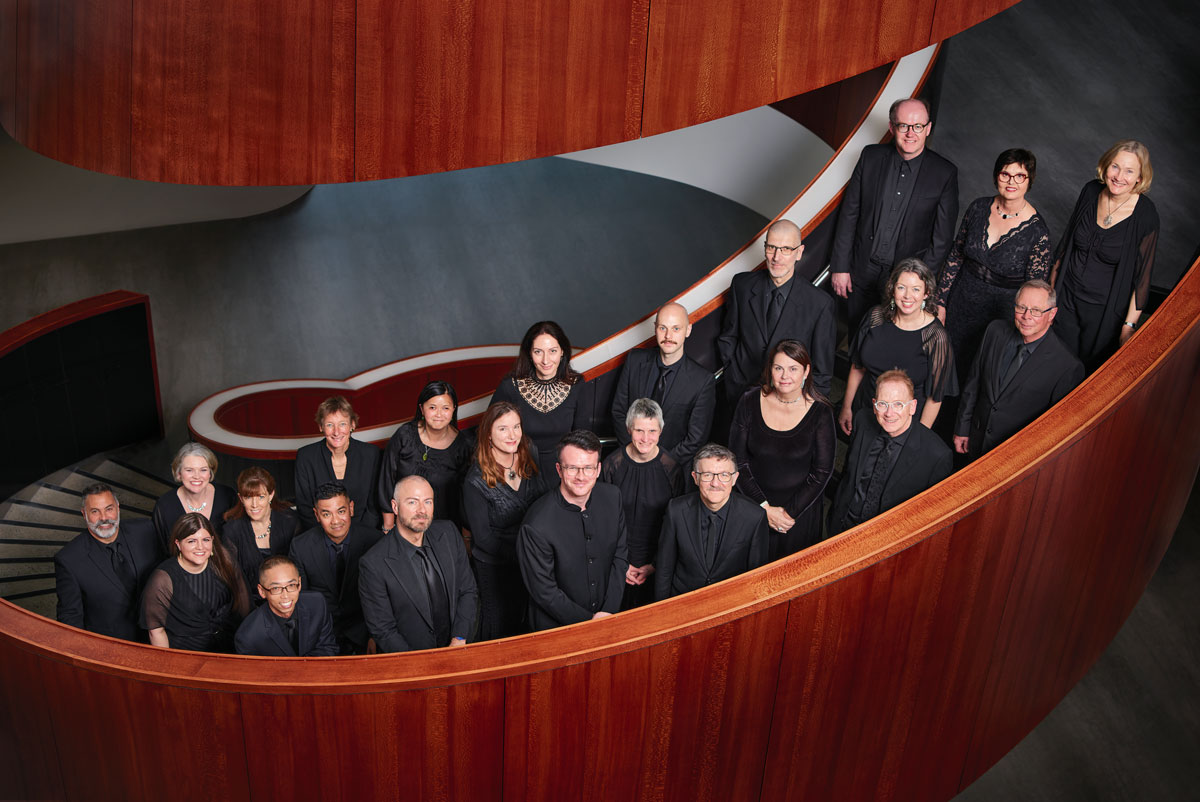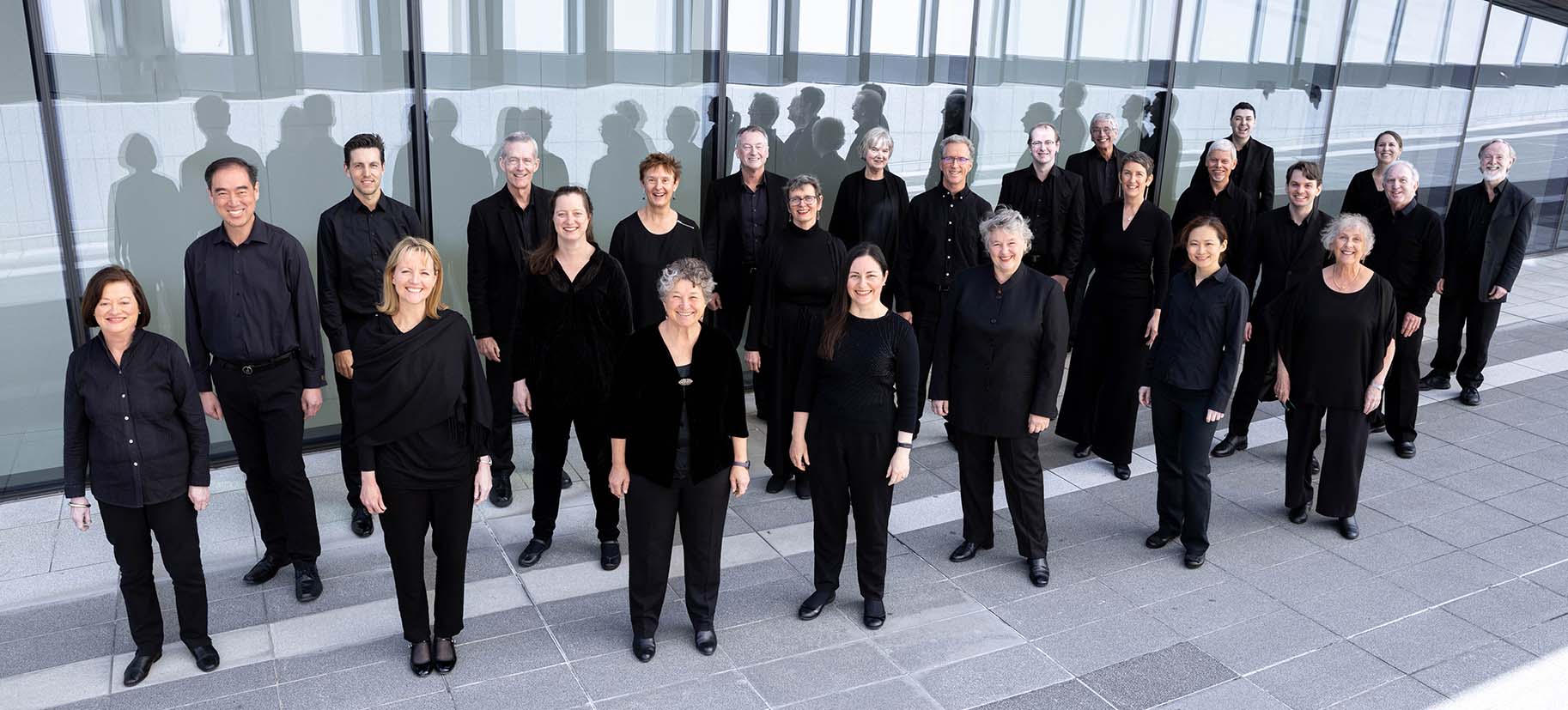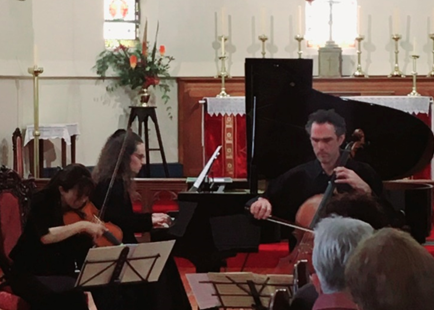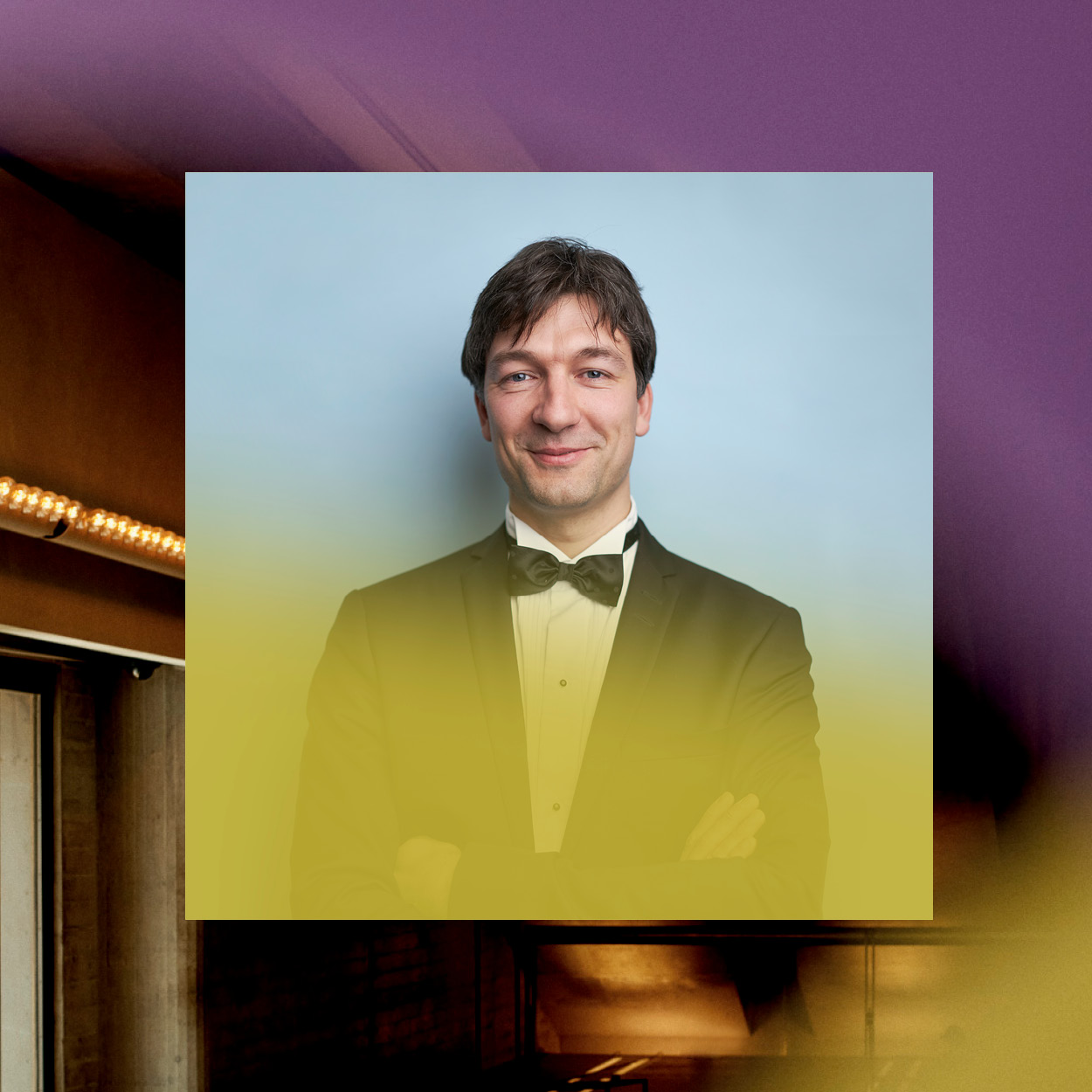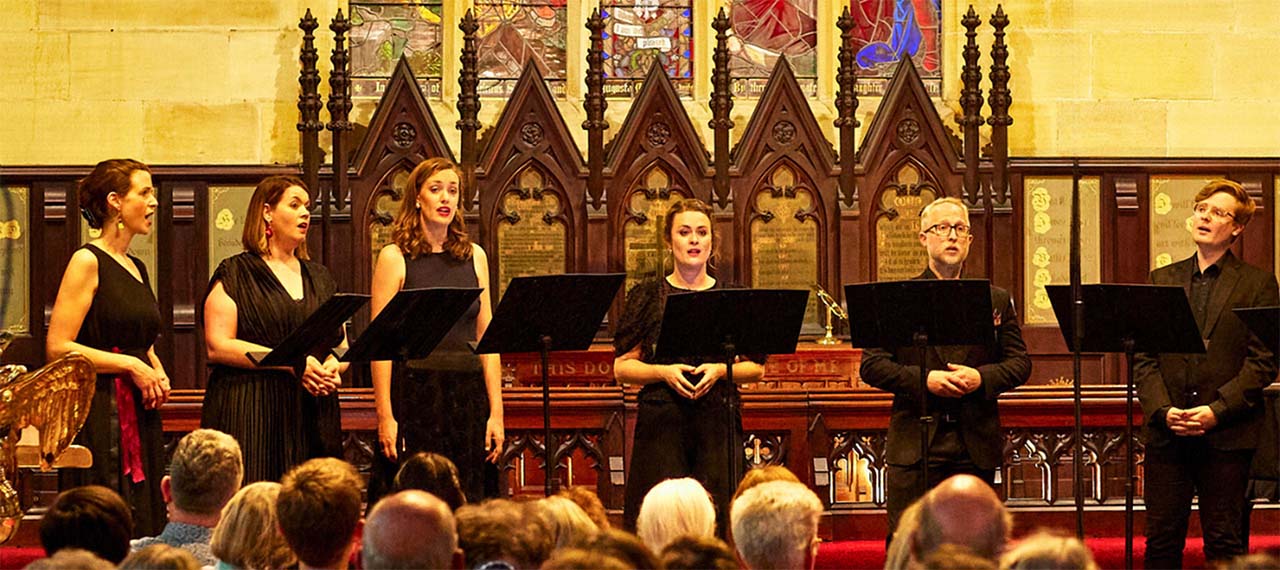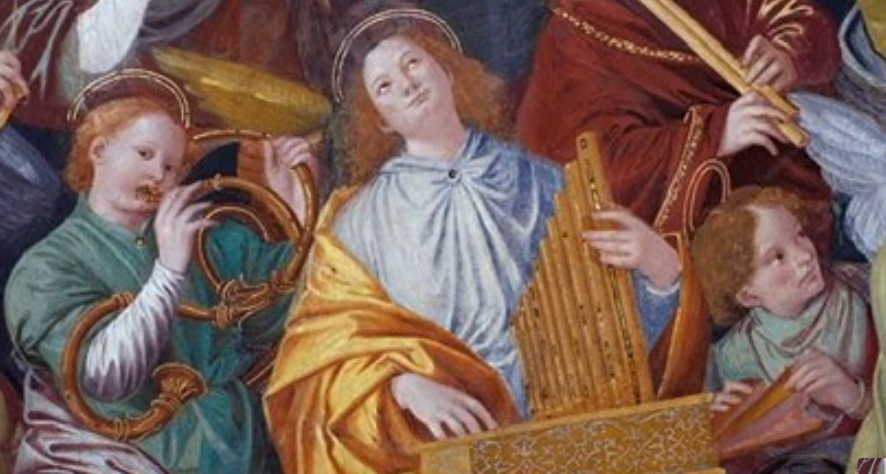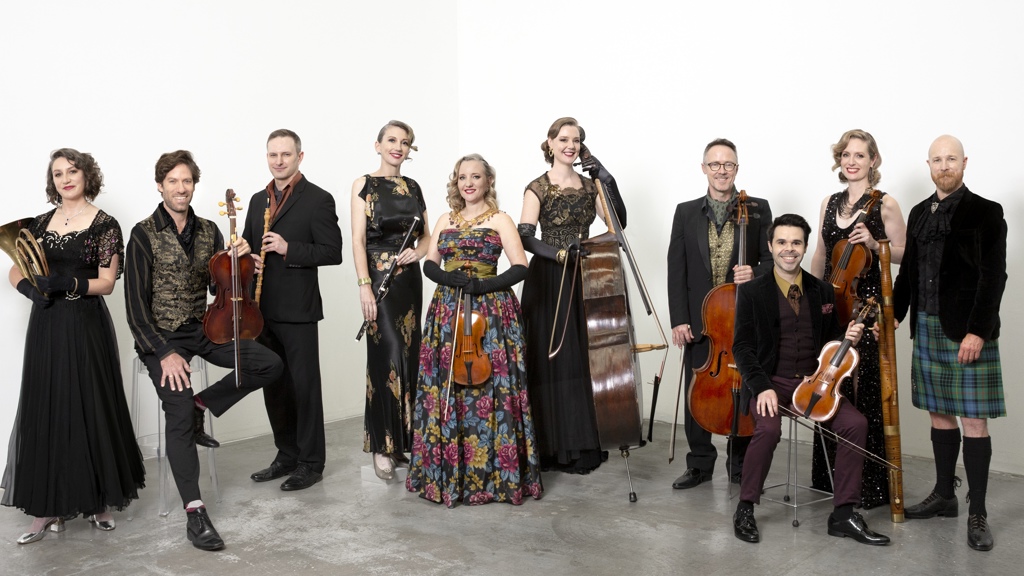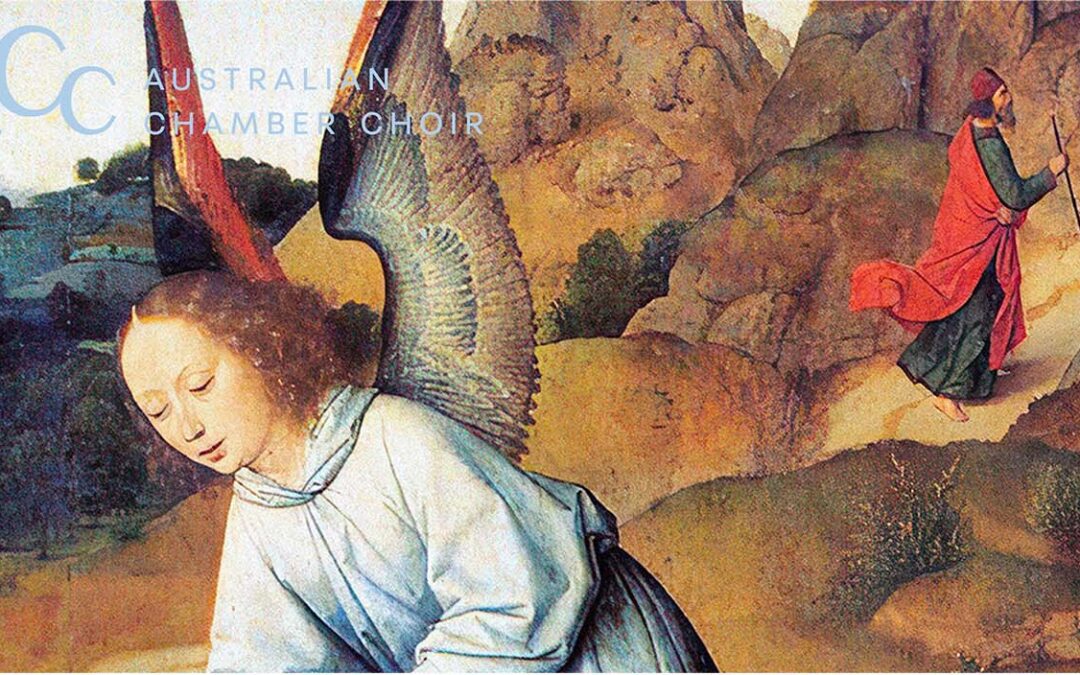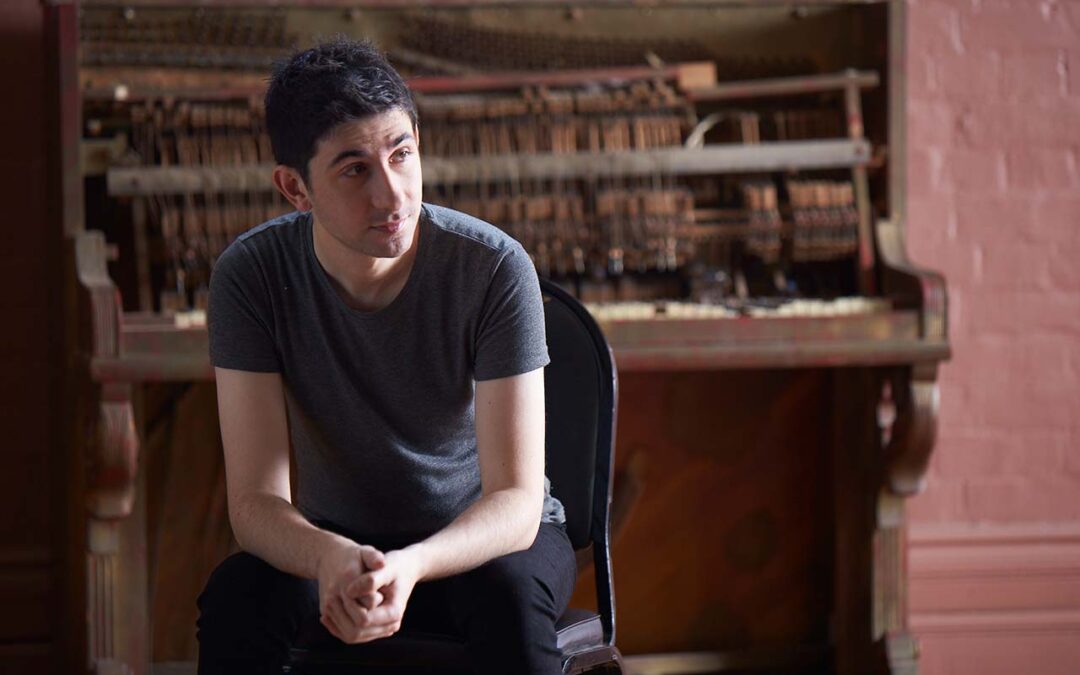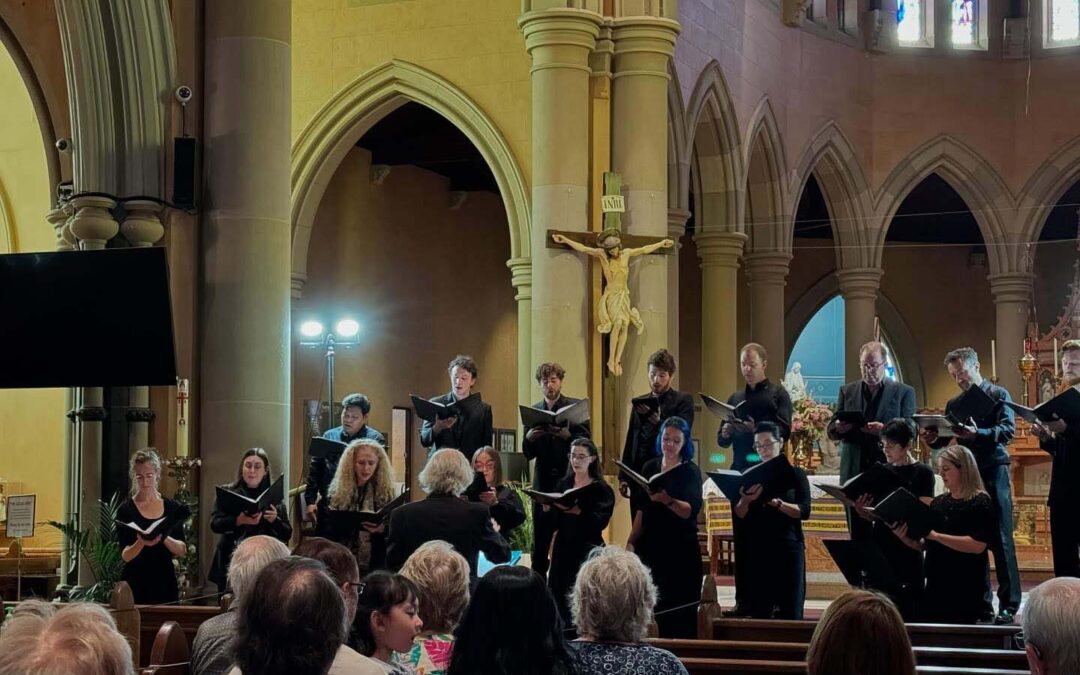Selby and Friends’ upcoming tour, The Game Changers, will “explore composers whose influence made a significant impact upon the world of classical music”, with Kathryn Selby joining forces with Australian violinist Susie Park and cellist Julian Smiles to perform “a moving homage to those whose vision was far ahead of their time”.
The thread of “changing the game” isn’t necessarily exclusive to the composers whose works were chosen for the program: Kathryn explains that Benjamin Britten’s “extraordinary” Cello Sonata in C major, op.65, was written for “game changing” cellist Mstislav Rostropovich. Considered to be one of the greatest cellists of the 20th century, he is responsible for commissioning and inspiring an “astonishing” amount of repertoire, by a long list of composers which not only includes Britten, but also Shostakovich, Prokofiev, Messiaen, Bernstein, and many more!
Kathryn observes that Maurice Ravel’s Violin Sonata No. 2 in G major is completely different to other violin sonatas around at the time, with Ravel himself becoming possibly one of the first “crossover” composers, taking inspiration from the musical melting pot of jazz, folk and Impressionism in Paris in the early 20th century.
Intended in the nicest possible way, Kathryn says Elena Kats-Chernin is a “special case” for an Australian composer, as Elena “combines her roots with what has impacted her on moving to Australia” and become “part of the fabric of our homeland and made it musically her own”. In Kathryn’s opinion, Elena “changed the way Australian music is possible to be conceived”. Antonín Dvořák, too, was a “complete game changer” when it came to embracing his heritage, pushing against the Germanic influence of the time to embrace his nationalistic musical tendencies.
As Kathryn says, these composers are a mere handful of examples of Game Changers in music, whose legacies have shaped, and continue to shape, the development of music. For Kathryn, The Game Changers “showcases how the ability to be oneself and not dictated to by what someone else considers appropriate is one of the things that happened in the 20th century, and has flowed on into the 21st. So much of what was happening in Western classical music was dictated to by tradition and what had come before. The 20th century represented a big departure from that: “people like Béla Bartók and Zoltán Kodály went into the countryside and ferreted out gorgeous folk tunes and rhythms, then putting them into their own music and making it a part of their heritage”. Kathryn thinks this was “a direct result of people like Dvořák” rebelling against the expectation of composing in the Germanic tradition to embrace their own cultural heritage. “There was a lot of pressure on these artists to conform”, which Kathryn thinks makes it all the more remarkable that the composers programmed in this tour chose to express their authentic selves irrespective of outside influence, influencing a shift away from traditional forms throughout the 20th century.
“Great music and great art are a complete expression of humanity; if you cannot be honest within your art, then it doesn’t have the same impact. Audiences relate to honesty in art, because they see or hear something in it that resonates with them. Sometimes they don’t know why it resonates with them, and different works resonate with different people at different times in their lives. It’s a process; we’re constantly evolving as human beings and individuals, and music is just the same.”

Susie Park, Julian Smiles & Kathryn Selby
You can catch Selby and Friends’ The Game Changers in the following locations:
Southern Highlands | Saturday 31st August // Turramurra | Sunday 1st September // Canberra | Monday 2nd September // Sydney | Tuesday 3rd September // Melbourne | Wednesday 4th September // Adelaide | Sunday 8th September




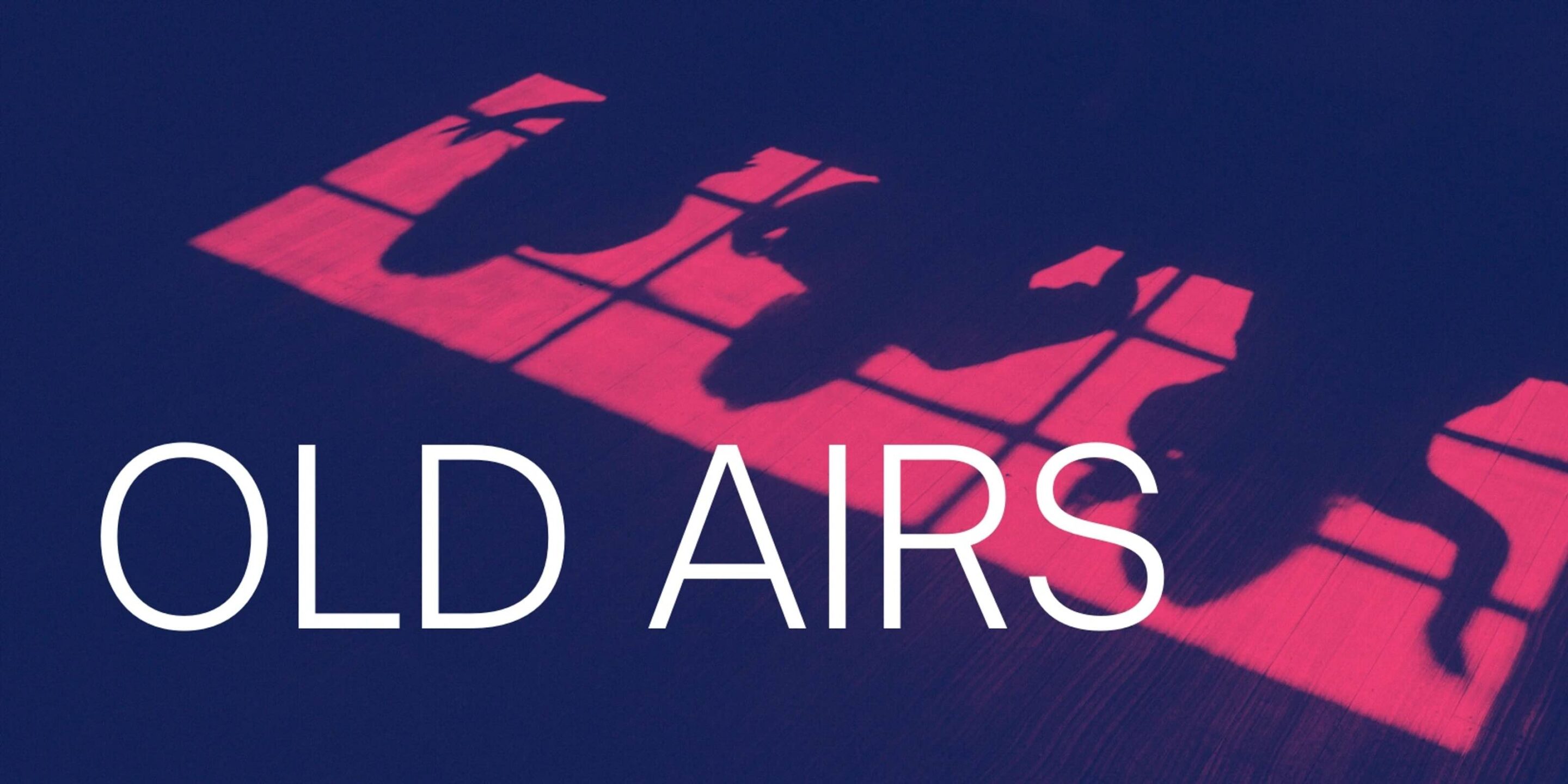
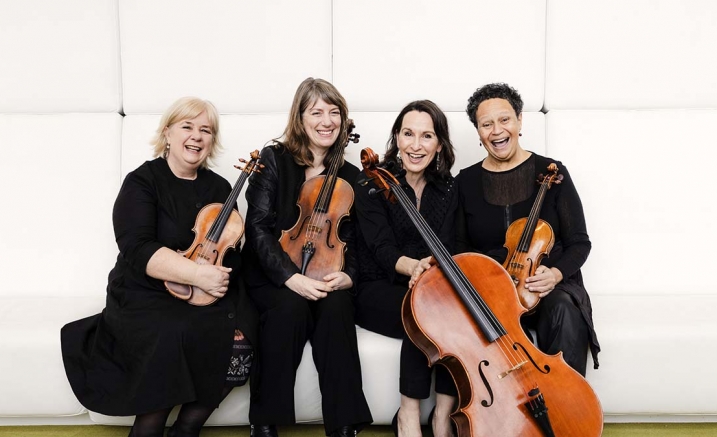


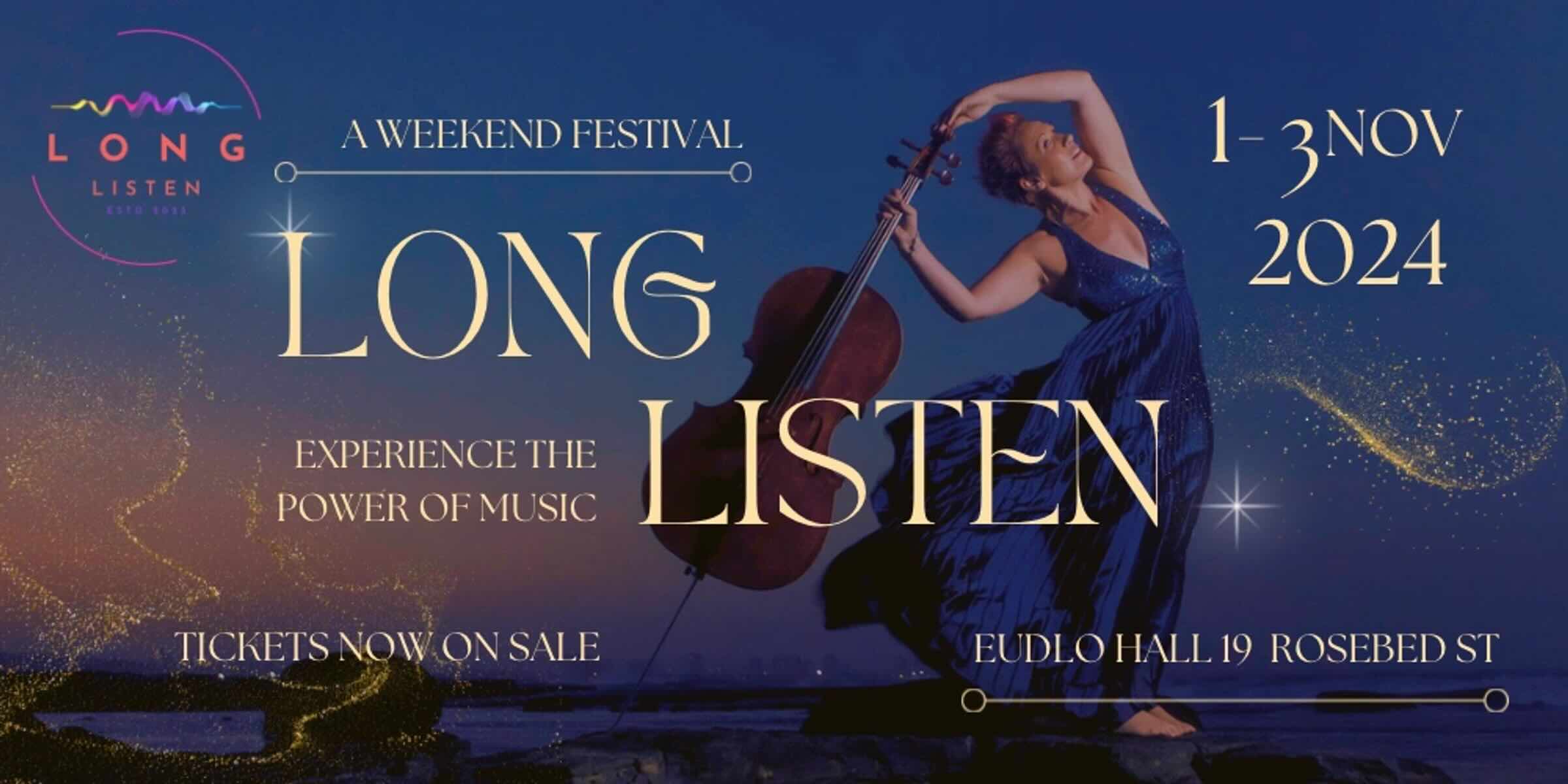
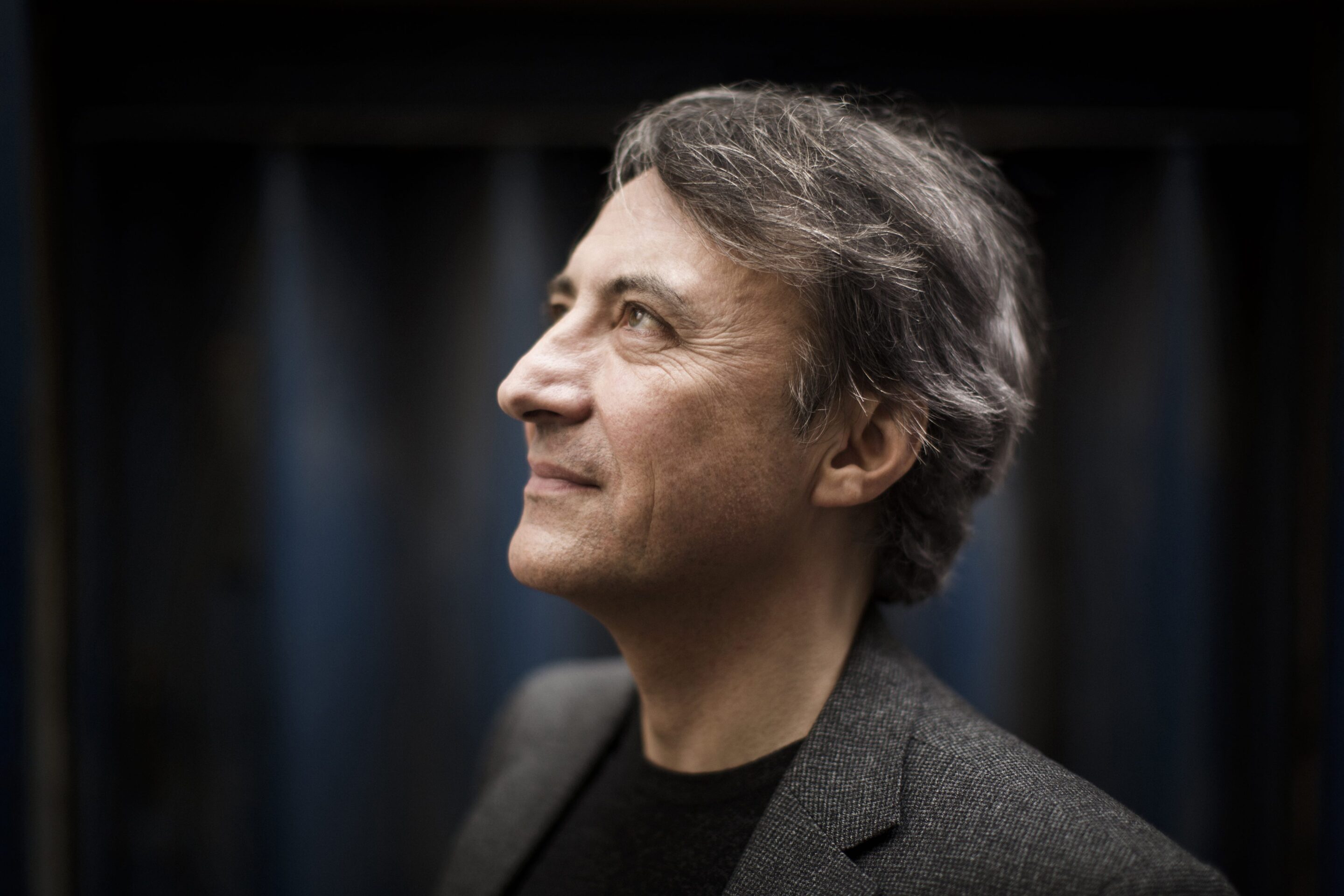

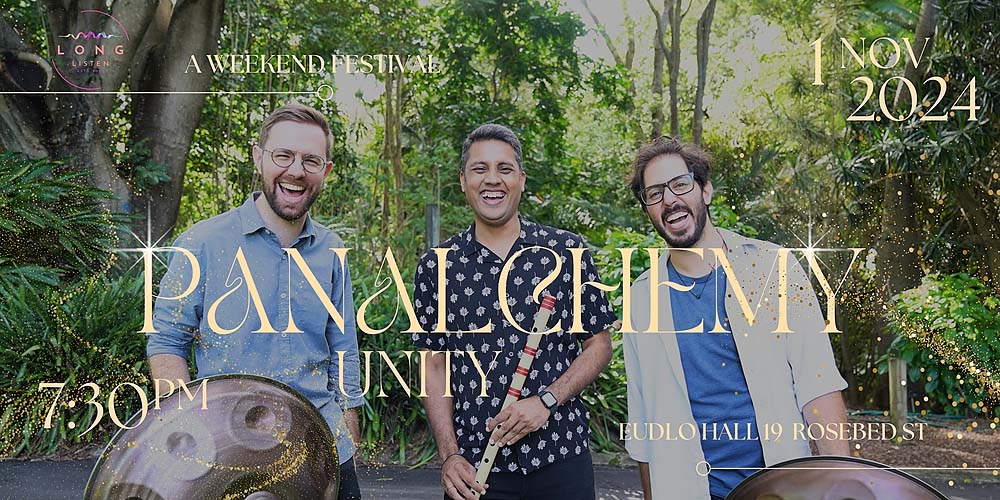

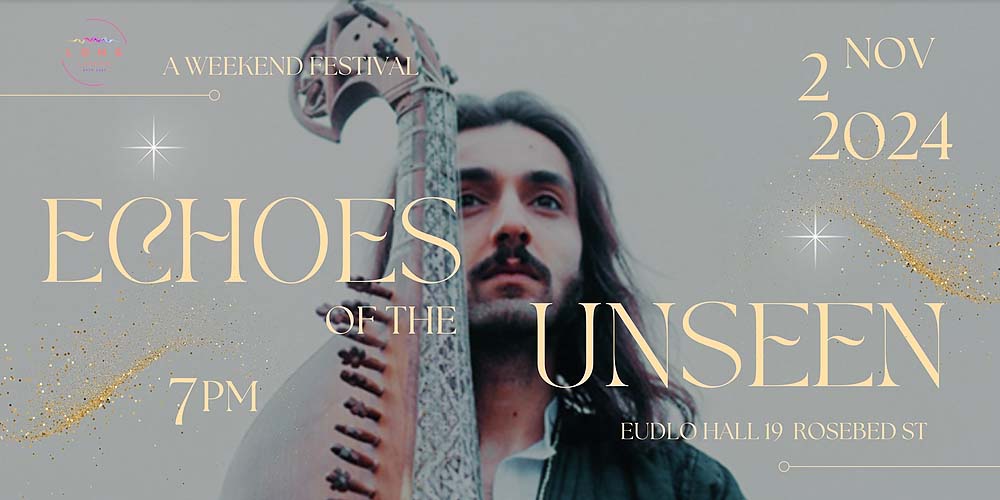
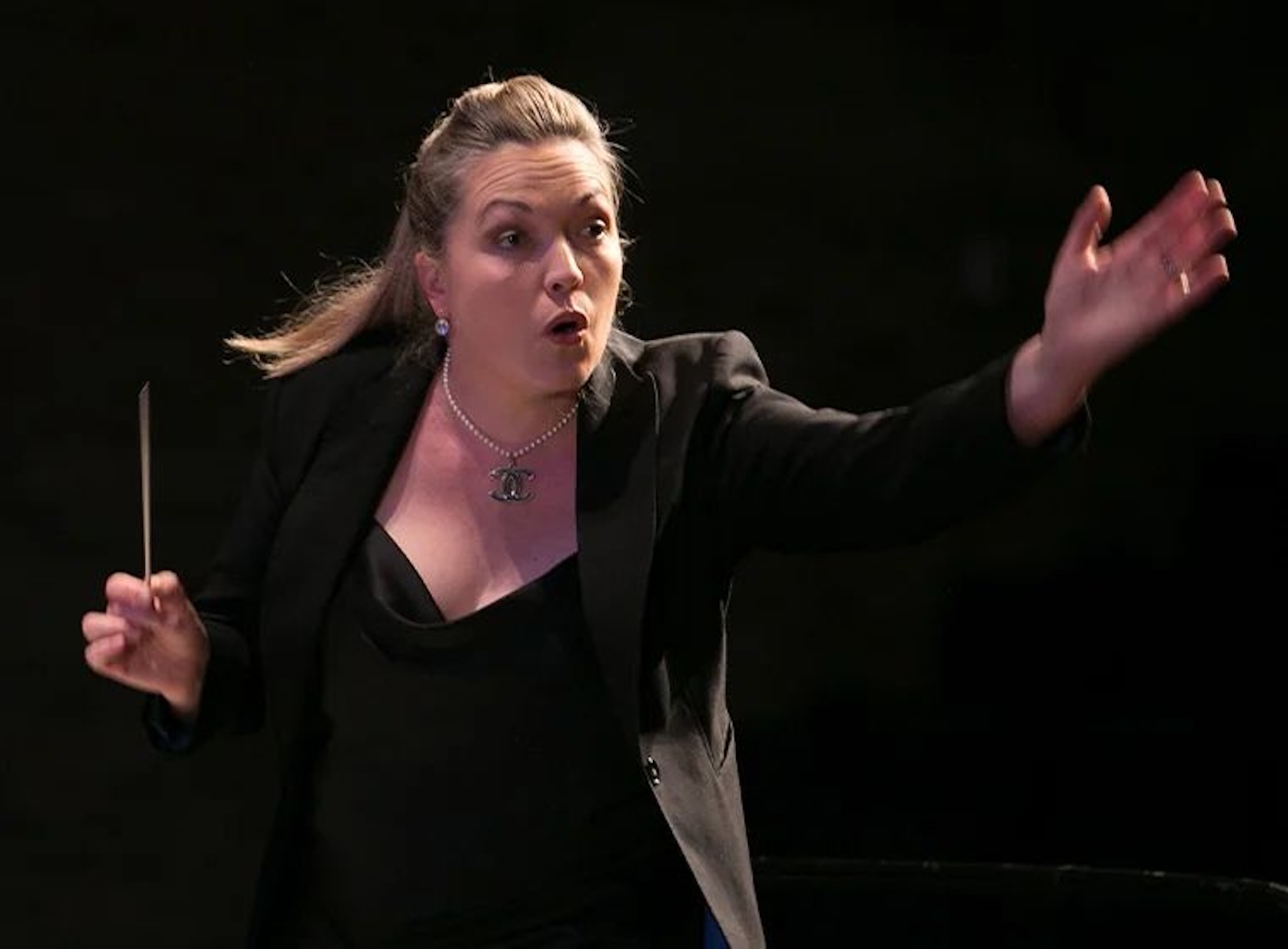
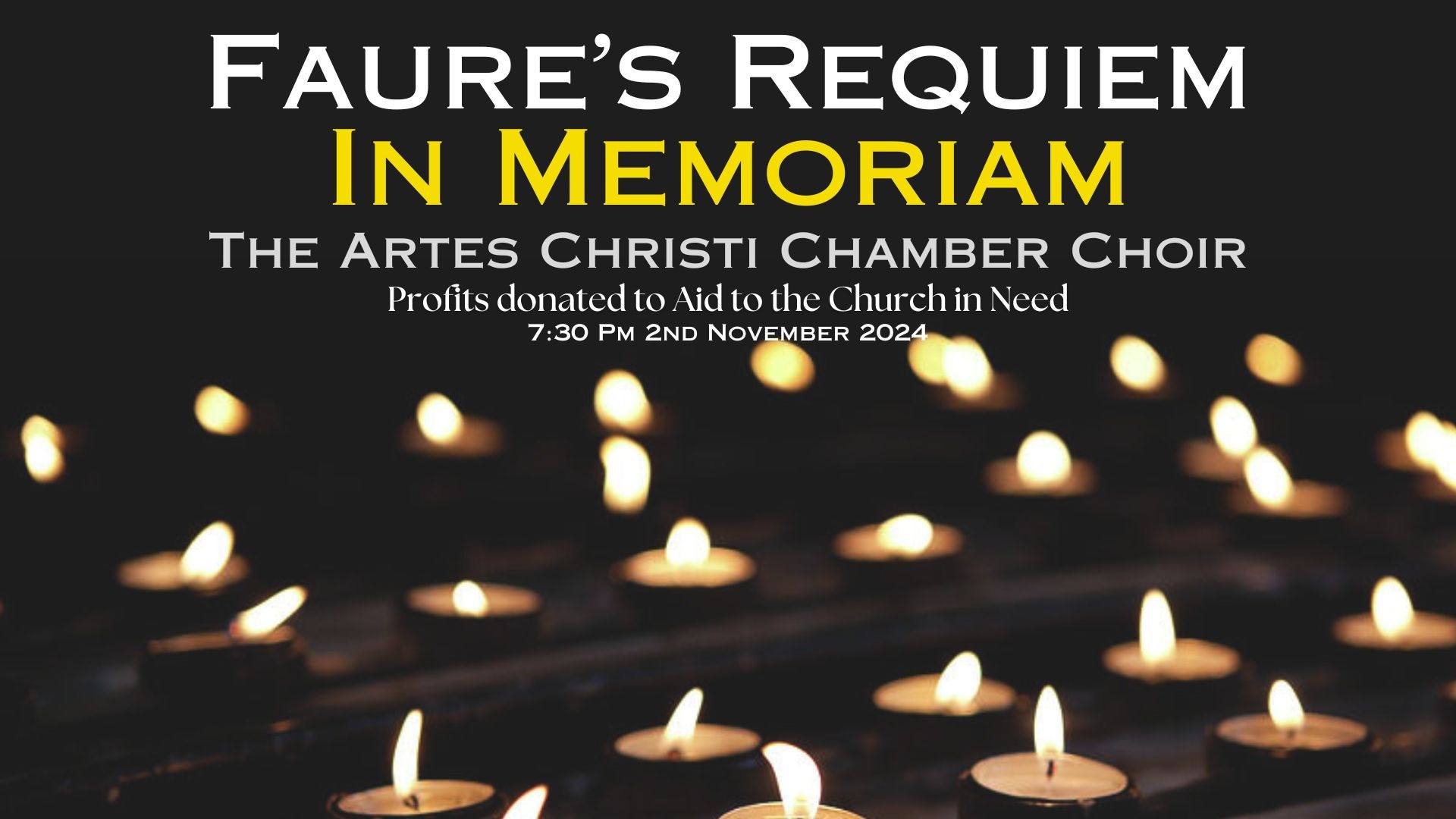
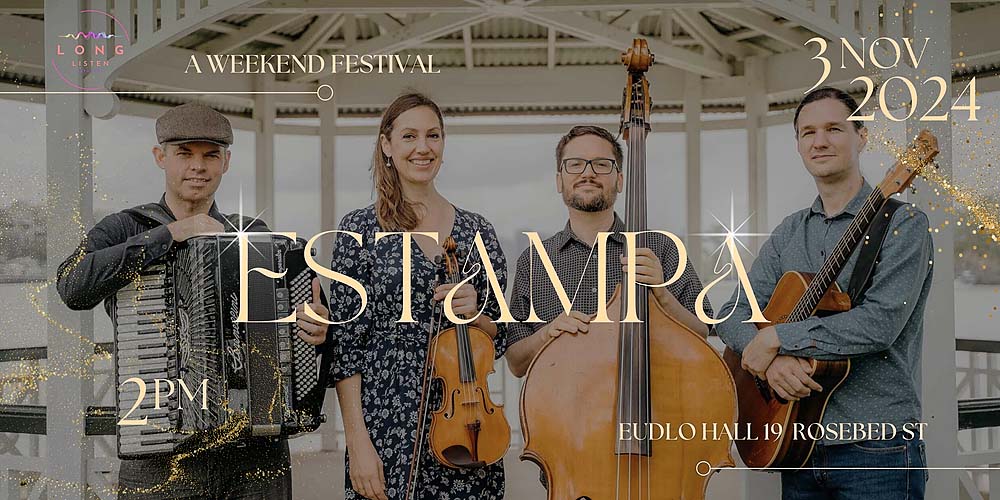

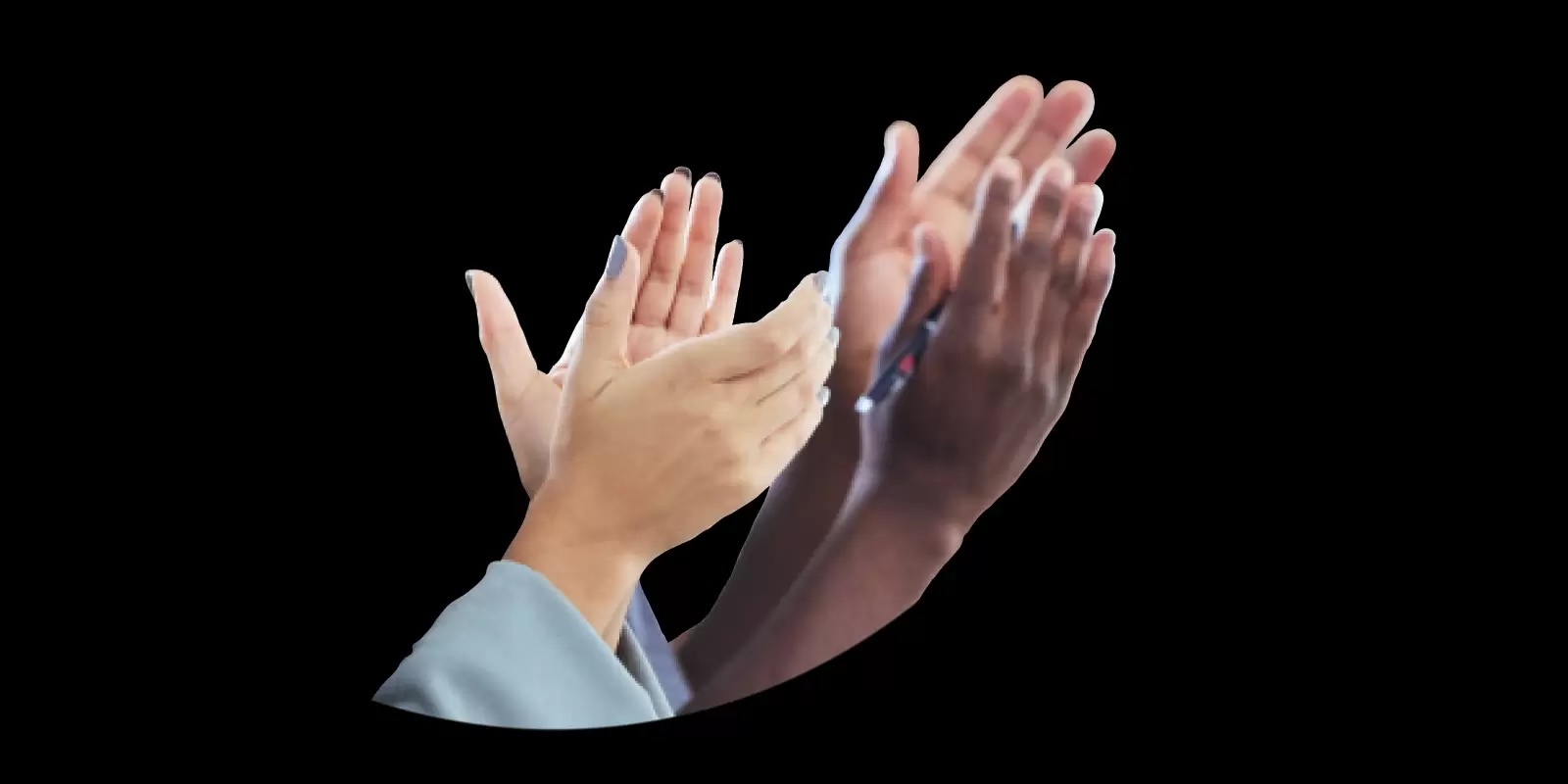



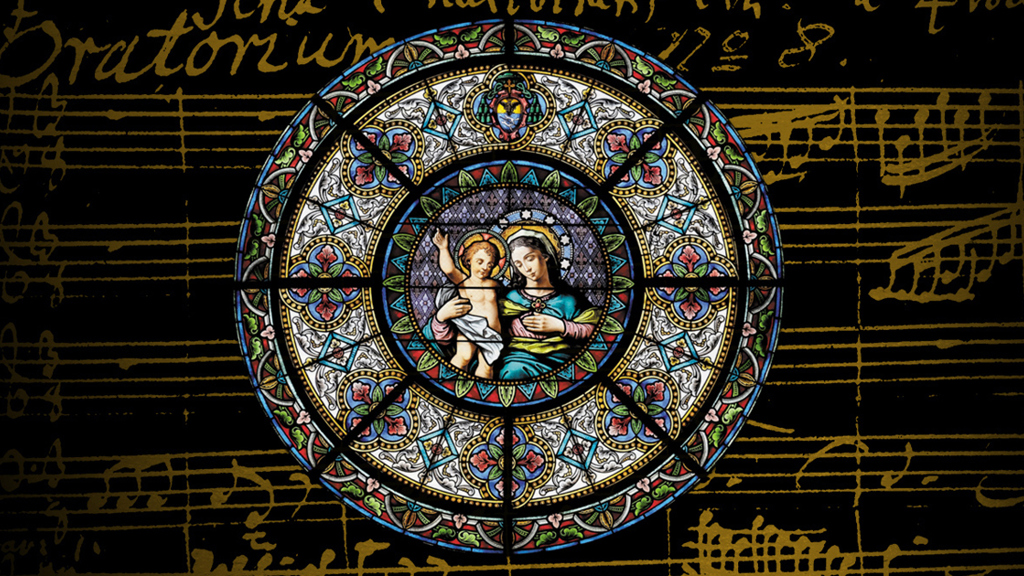
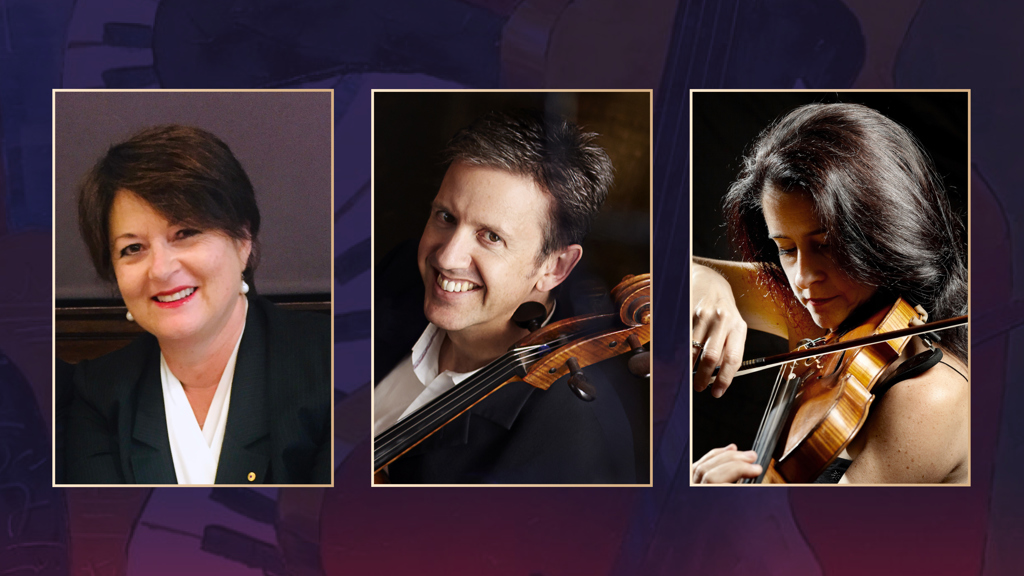

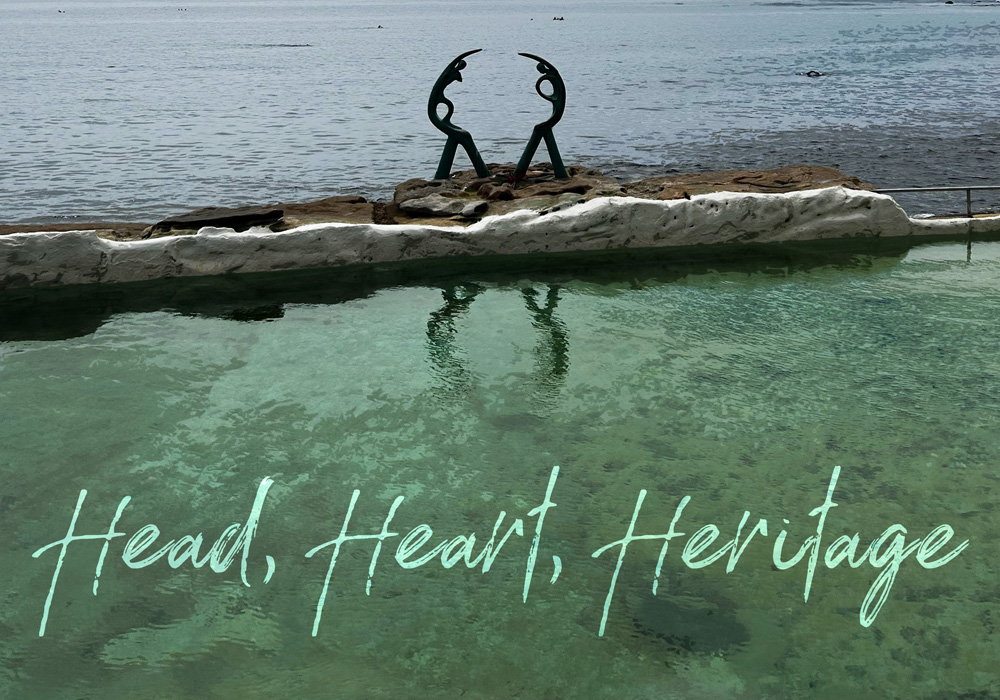
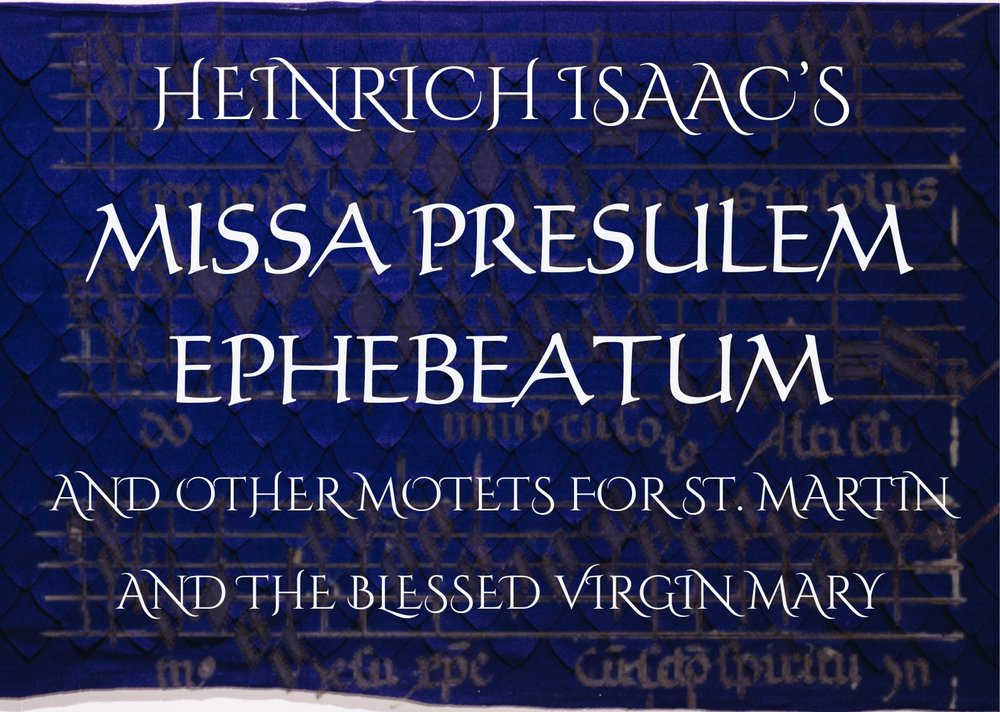

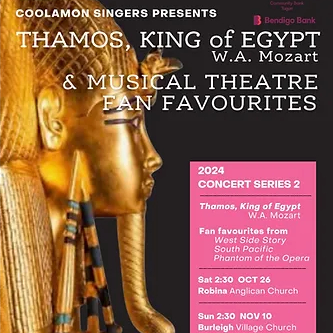
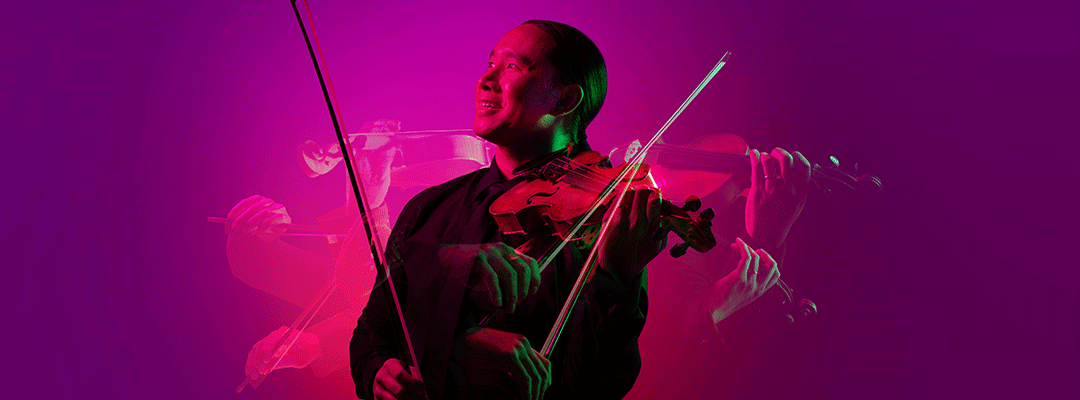


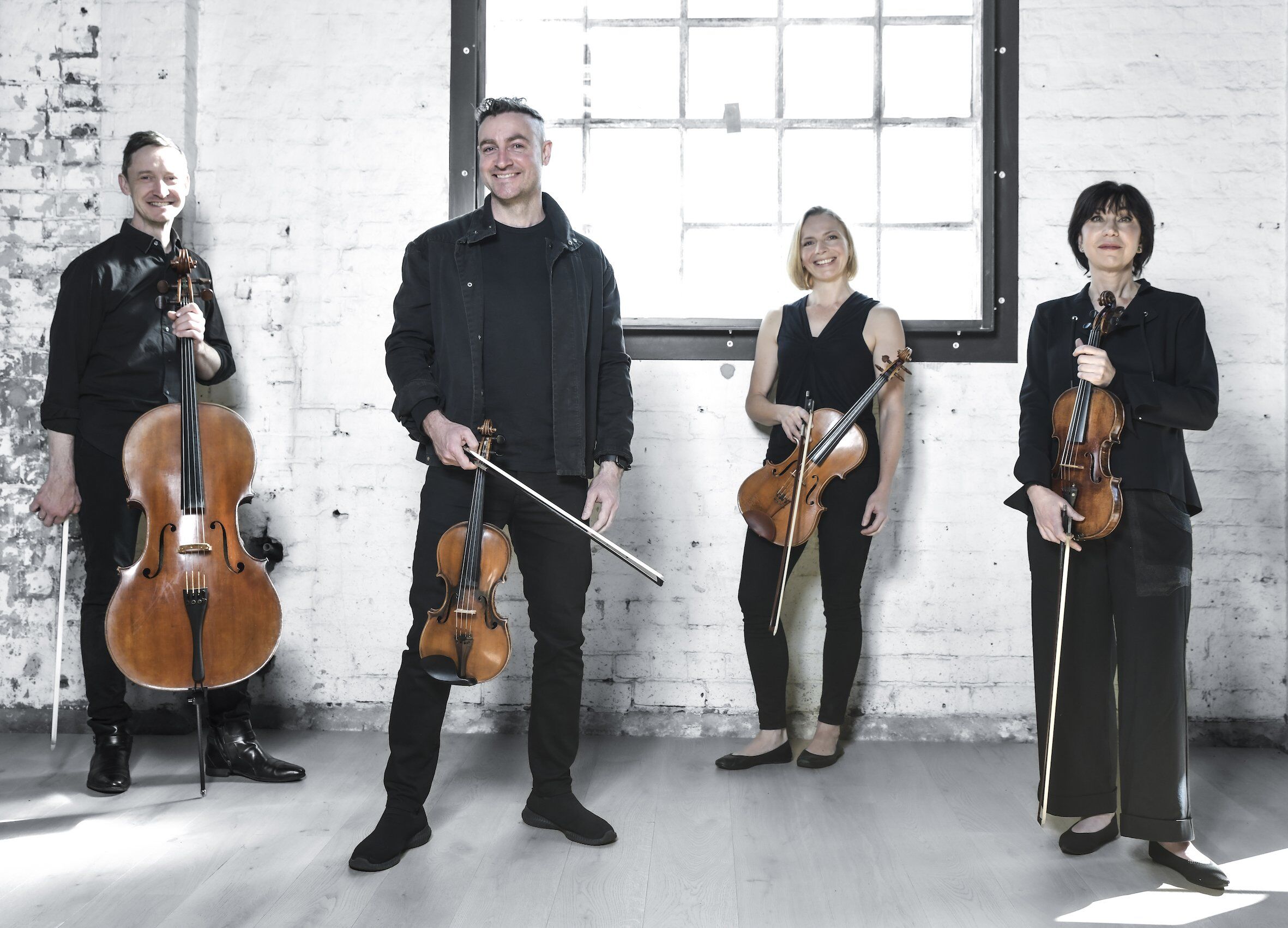

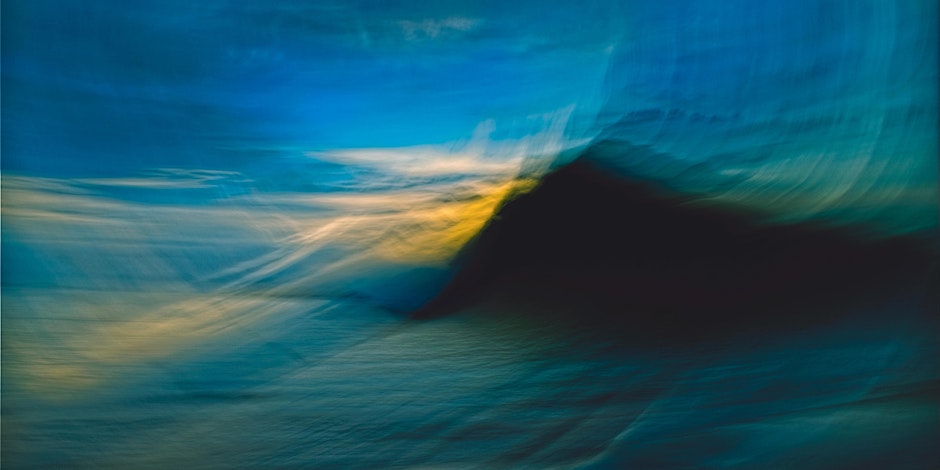



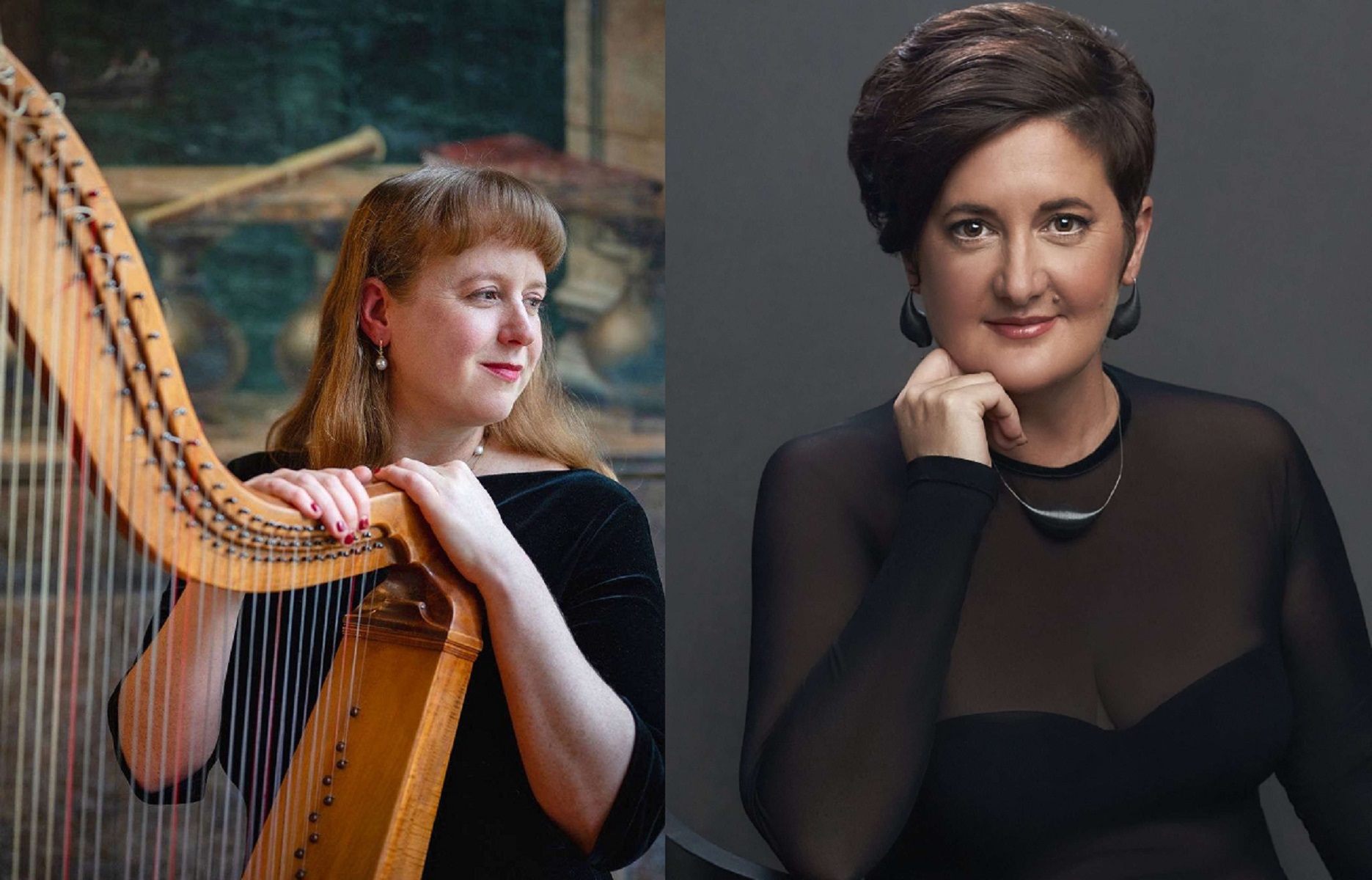
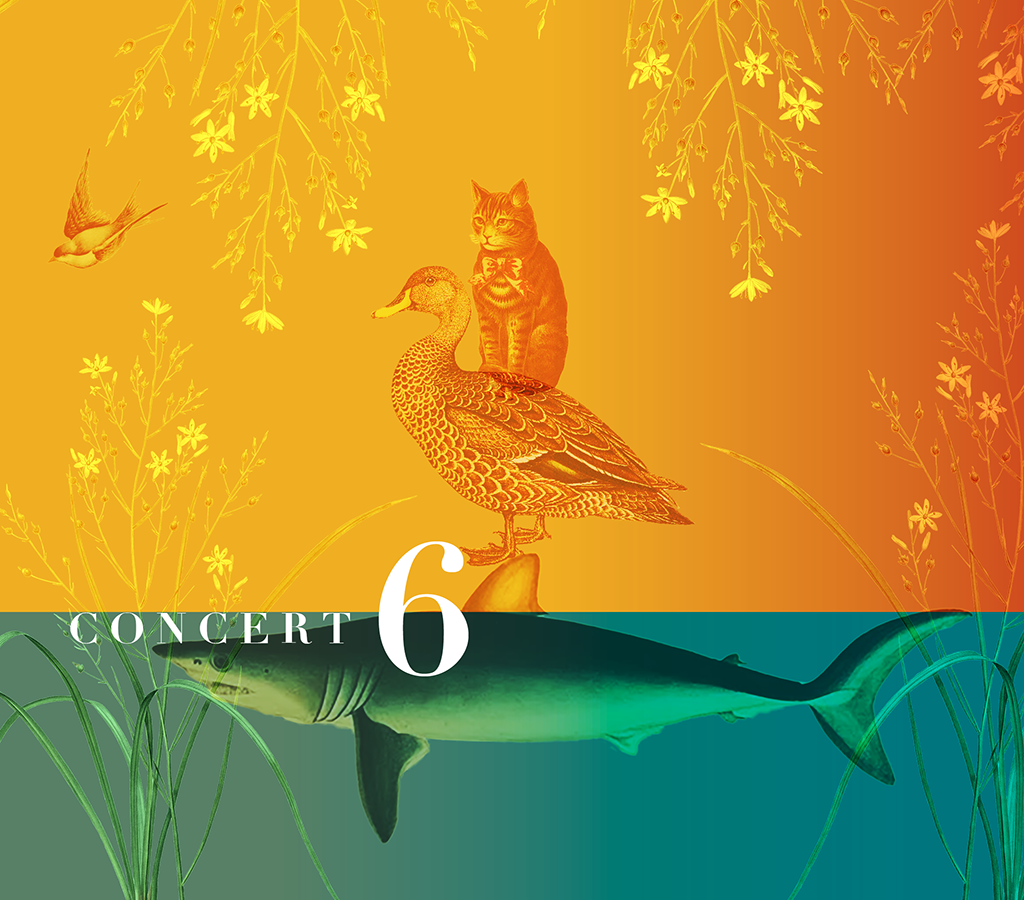

![user222 mrc mostlymozart [splendour of vienna] user222 mrc mostlymozart [splendour of vienna]](https://cdn-classikon.b-cdn.net/wp-content/uploads/2024/02/user222-mrc_mostlymozart_splendour_of_vienna.png)

